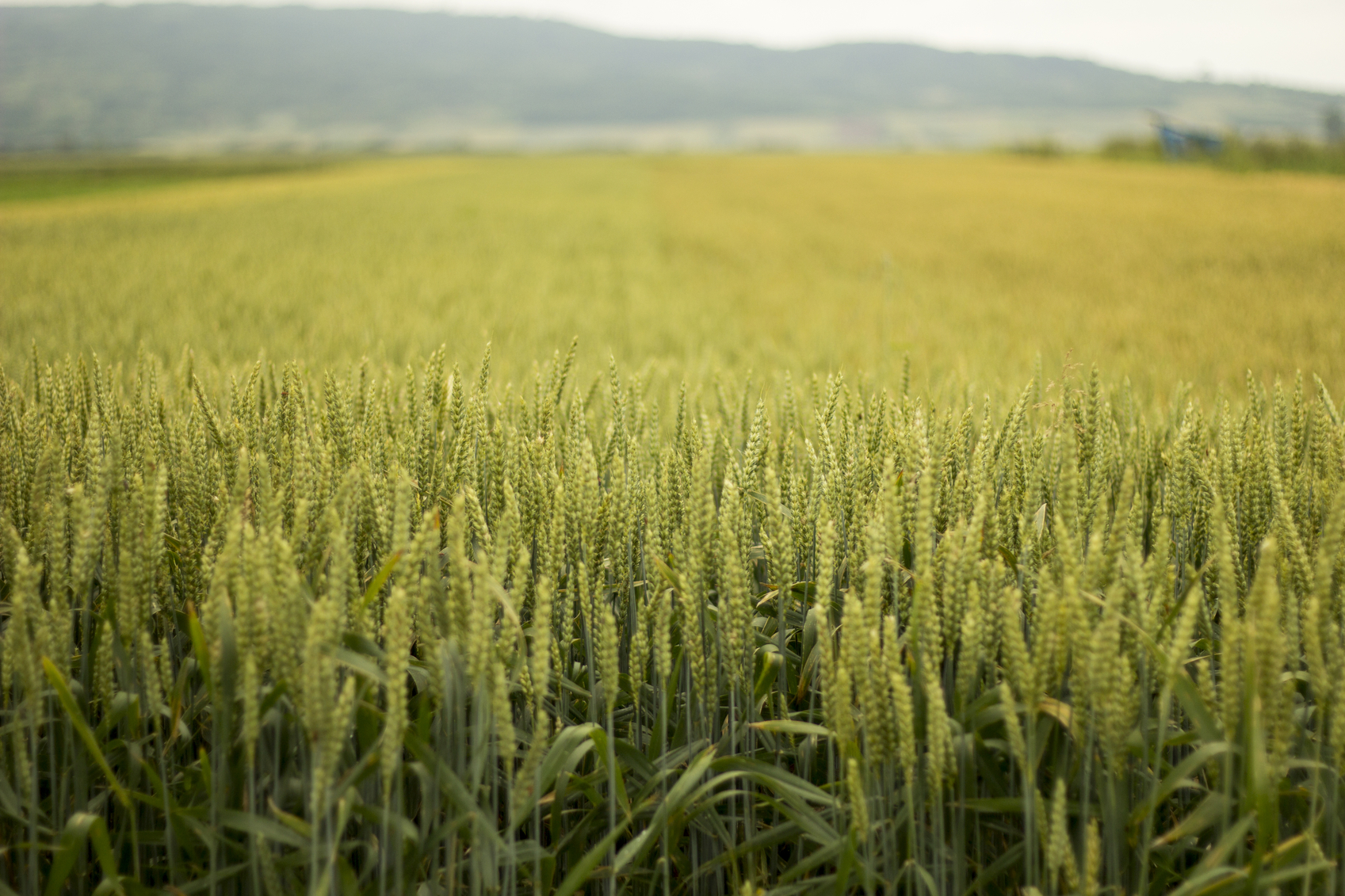
Research Team Discovers Genetic Diversity Improves Yield in Hybrid Crop Varieties
March 11, 2020| |
An international team of researchers from The University of Western Australia's Institute of Agriculture and University of Edinburgh's Roslin Institute has discovered that high levels of genetic diversity and dominant genes in grain crops such as wheat, barley, or rice lead to the production of greater yields in hybrid varieties. The study looked at how genetic diversity affected the yield of hybrid varieties in self-pollinating crops.
Professor Wallace Cowling from UWA's Institute of Agriculture said that while hybrid varieties produce greater grain yields than their parents, hybrids were not as successful in self-pollinating crops as in cross-pollinating crops. "In cross-pollinating crops such as corn or maize, hybrid varieties produce double the grain yield of the parent varieties. This isn't the case for self-pollinating crops like wheat, barley or rice, where hybrid varieties usually produce only 10-15 percent more grain yield compared to their parents."
The research team modeled different breeding scenarios to improve the yield of hybrid varieties and they found that it did not matter how the breeding process started, hybrid breeding pools quickly developed after a few generations of simulated hybrid breeding. Professor Cowling added that successful future hybrid varieties were only achieved when the initial breeding material had high levels of genetic diversity and dominant genes.
For more details, read the news release on The University of Western Australia website.
| |
You might also like:
- Rain-resistant Wheat Developed Using Genome Editing
- Chinese Scientists' Genome-Edited Wheat to Help Control Weeds
- Study Shows Drought Tolerant HB4 Wheat Compositionally Equivalent to Non-GM Wheat
Biotech Updates is a weekly newsletter of ISAAA, a not-for-profit organization. It is distributed for free to over 22,000 subscribers worldwide to inform them about the key developments in biosciences, especially in biotechnology. Your support will help us in our mission to feed the world with knowledge. You can help by donating as little as $10.
-
See more articles:
-
News from Around the World
- Biotech Crops Market to Exceed US$37.46B by 2027
- Long Wait Over as Kenya Finally Commercializes Bt Cotton
- US Promotes GMO Education to Consumers through 'Feed Your Mind' Initiative
- CRISPR Genome Editing Strategy Could Improve Rice, Other Crops
- GM Food Label Is Unrecognized by Most Consumers in Brazil
- Research Team Discovers Genetic Diversity Improves Yield in Hybrid Crop Varieties
- EU Leading Scientists Warn: "European GMO Laws No Longer Fit"
-
Research Highlights
- Gene from a Mycoparasitic Fungus Confers Enhanced Resistance to Sclerotinia Stem Rot in Soybean
-
Plant
- CRISPR-Cas9 Speeds Up Domestication of African Rice Landraces
- Researcher Establishes CRISPR-Cas12b System for Plant Genome Engineering
-
Read the latest: - Biotech Updates (February 11, 2026)
- Gene Editing Supplement (January 28, 2026)
- Gene Drive Supplement (February 22, 2023)
-
Subscribe to BU: - Share
- Tweet

